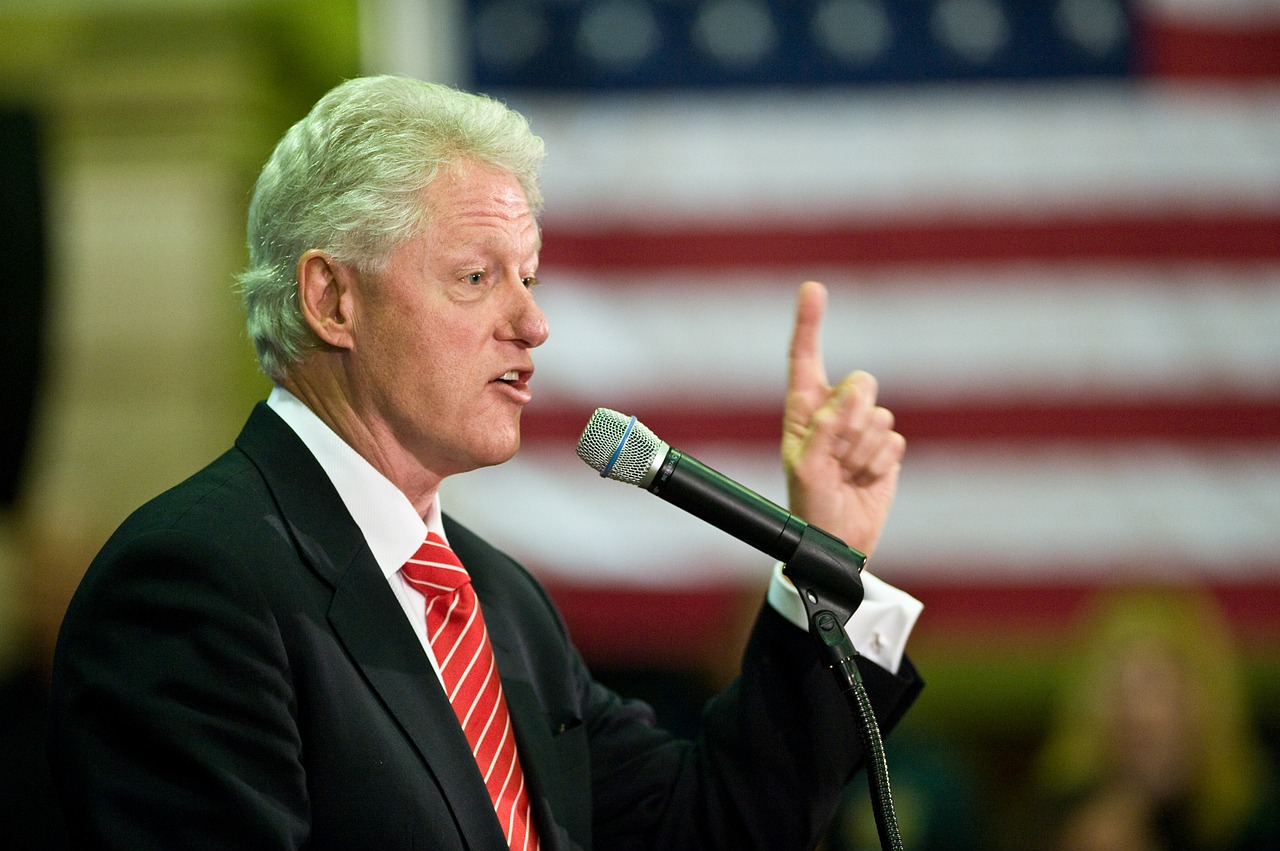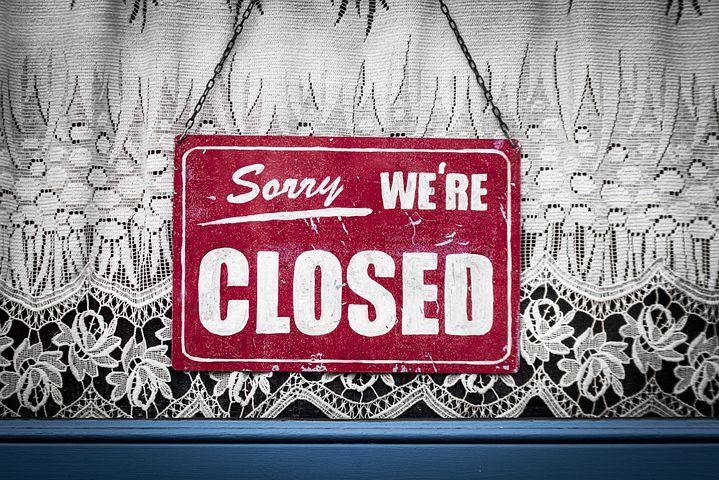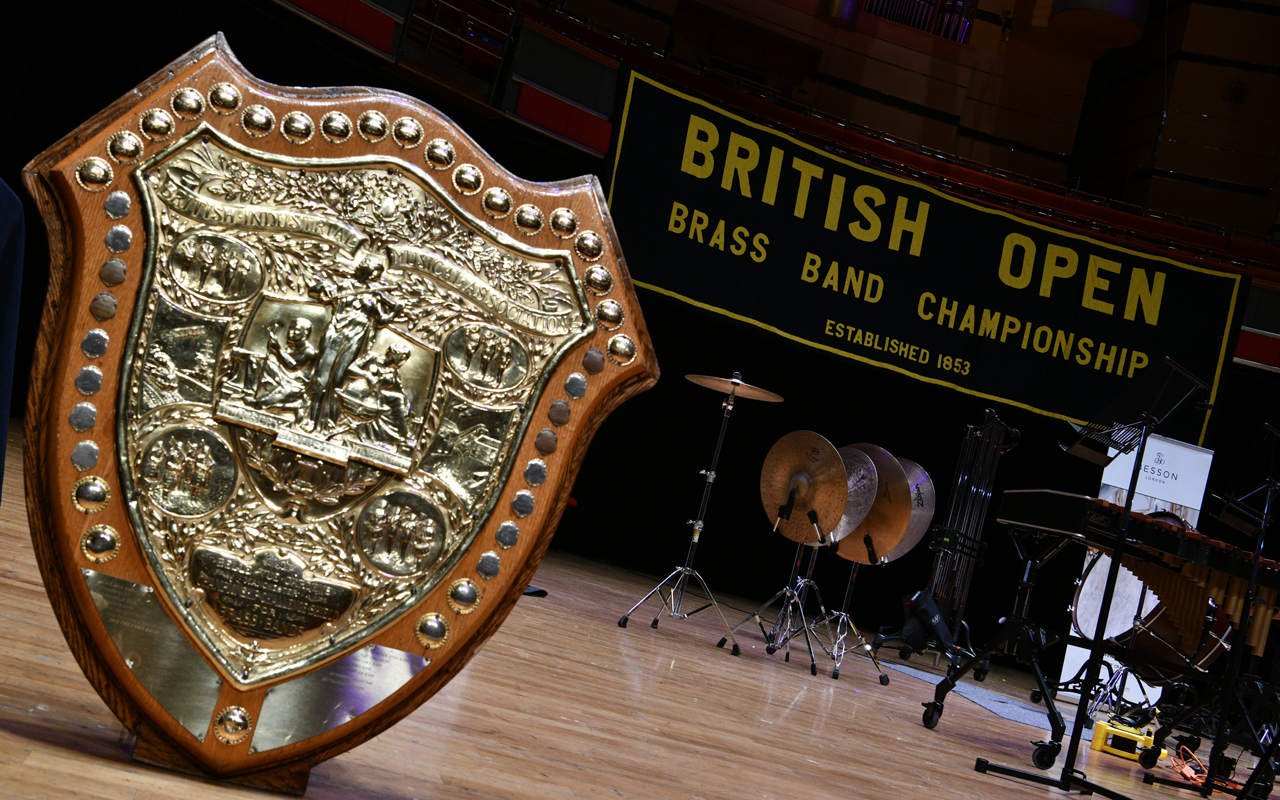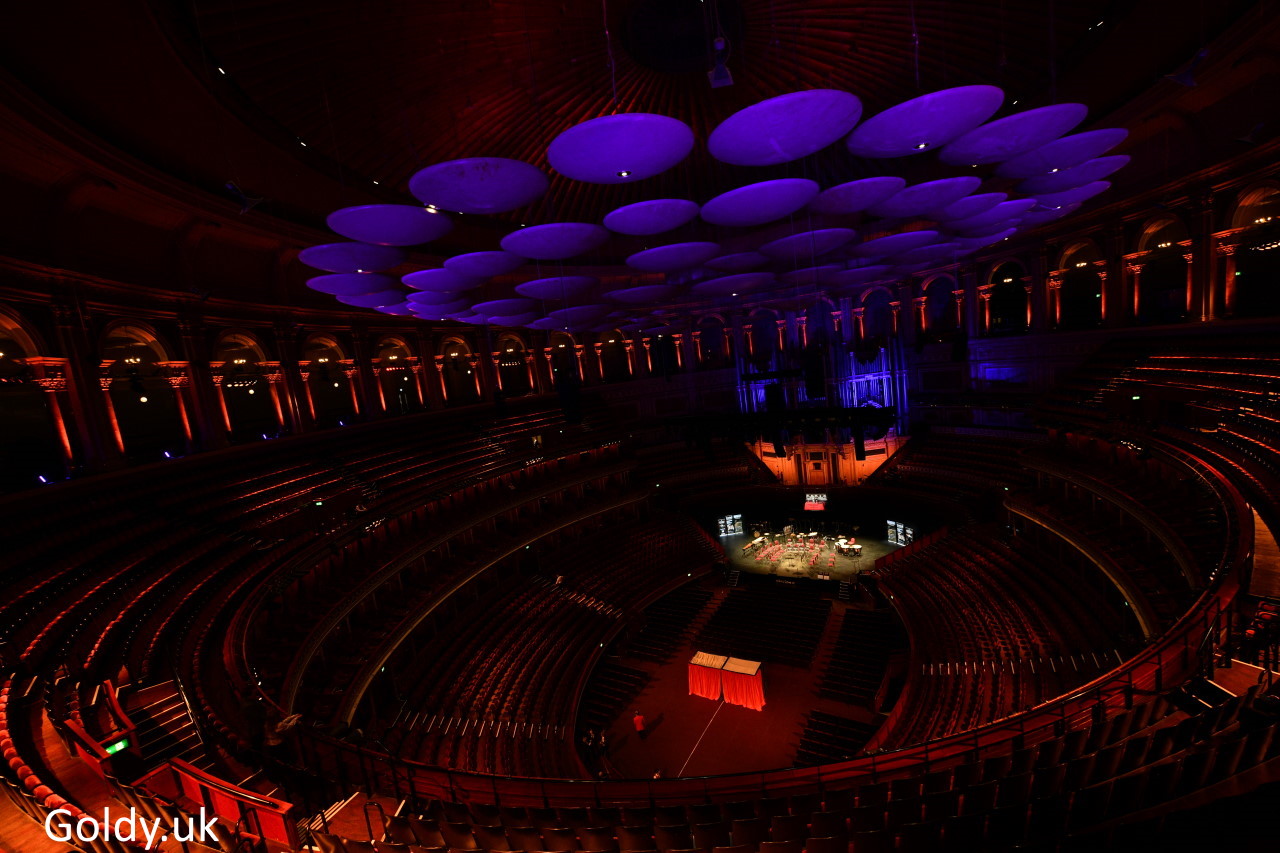
Watch my lips. It's the economy, stupid...
The long term sustainability of the brass band movement once restrictions from the worldwide Cornavirus pandemic are eventually eased will depend not on fanciful musical desires, but on the ability to implement the hard-nosed maxim of the American political strategist, James Carville.
In 1992 with America deep in pre-election recession, it was he who came up with the slogan “The economy, stupid” for a certain Bill Clinton to tell the voting public that unless the financial sums added up, any dreams they had of future prosperity didn’t amount to a hill of Arkansas beans.
Forget a wish list of improved health care, the environment or education. All of them depended on their economy getting back to making money.
It will be exactly the same when brass banding eventually returns from its own recessionary hiatus.
Dug up by the roots
The announcement may well have been made of the National Finals test-pieces, but how will bands be able to afford to compete at smaller events let alone the British Open, Cheltenham, London or Brass in Concert after six months or more of a financial lockdown?
The brass band equivalent of the magic money tree has been dug up by its roots.
Everyone will want to get back to playing music - but contesting doesn’t pay the bills.
Meanwhile, the various European National Championships scheduled for later this year face the same problems. The European, Australian and North American contests have already gone by the board, whilst events in other countries wait in hope for their Governments to give the green light on the potential easing of restrictions - the financial clock ticking further into the red by the week.
Everyone will want to get back to playing music - but contesting doesn’t pay the bills.
As Bill Clinton would surely have emphasised time and time again if he played a euphonium instead of a saxophone: “It’s all about the brass band economy, stupid.”

Everyone has to plan for when the signs are reversed...
Decisions at all levels
Before long individuals are going to be faced with making decisions to how to get back to a form of financial as well as social normality.
What will their return to the work place be like and will they even have a secure job to return to? Will banding still remain an important part of their social life or have other interests already taken its place?
Then there are other considerations. How do you afford the transport and overnight hotel accommodation costs for a major contest for yourself, and perhaps other family members, if you’ve been surviving on a reduced income for the past 6 months?
Balance the books
The same challenges face the bands themselves.
The business management of the organisation will have to work out new financial strategies to balance the books at a time when other charities and organisations in their local communities will be experiencing the same problems.
How do you persuade people to put money in a collection tin for your band when they can very easily gift aid their money on-line to a 100 year old solider raising money for an underfunded NHS?
How do you persuade people to put money in a collection tin for your band when they can very easily gift aid their money on-line to a 100 year old solider raising money for an underfunded NHS?
And how do you stimulate new concert interest or get sponsor income on board when you are already facing the possibility of simply earmarking existing funds for transport and hotel accommodation to a major contest.
All this and then you have to consider other businesses and their self interest.
Does anyone think that hotel chains are going to miss out on the chance to cash in when things get back to ‘normal’ when the Government has made it clear that the hospitality sector will be one of the last to be lifted from restriction?
Bills to pay
Then there are the contests themselves.
The venues will want their money, as they have bills (and potential government loans to repay).
How do you run a contest when social distancing rules may well still be in force?

Empty seats cost money...
Social distancing
How do you make money from tickets sales when it could well mean that the listening audience would have to sit in a 2 meter diameter bubble of isolation from each other in the hall (and that’s about 3 seats in front, behind and to each side).
For every ticket sold you may have to lose the income from another 12. No atmosphere, reduced bar takings, programme sales and brass band merchandise sales for traders.
The economic health of a brass band contest certainly cannot be measured by what prize money is on offer.
We simply cannot cross our fingers and hope some clever scientist will have come up with a universal antidote targeted at the very demographic age range of the average brass band contest goer and contest volunteer.
We simply cannot cross our fingers and hope some clever scientist will have come up with a universal antidote targeted at the very demographic age range of the average brass band contest goer and contest volunteer.
Rock and a hard place
Charging bands even higher entry fees or hike ticket prices even higher would be both unpopular and surpass demand, whilst ask yourself what big sponsor will be attracted to chuck away money on a national media free zone brass band contest?
Contest organisers are caught between an unenviable rock and a hard place at the moment.
Government guidelines and regulations on demographic self isolation, social distancing and the partial opening up of the hospitality sector are all linked to the financial well being of the major brass band championships in particular.
The decision to whether their events can go ahead now rests with politicians in COBRA meetings in Whitehall who in turn have to consider decisions affecting the health and well being of millions of people – not just a couple of thousand brass band traditionalists.
The decision to whether their events can go ahead now rests with politicians in COBRA meetings in Whitehall who in turn have to consider decisions affecting the health and well being of millions of people – not just a couple of thousand brass band traditionalists.

The success of the British Open subsidises the Spring Festival each year
Sword of Damocles
As a result even the regularly ‘sold-out’ British Open at Symphony Hall (due to take place on 12th September) waits with a sword of Damocles above its head.
With the Spring Festival already postponed (which is heavily subsidised by the success of the Open) even it cannot afford the financial hit of a decimated audience.
Meanwhile, it’s understood that Kapitol Promotions have already forked out tens of thousands of pounds to secure the National at the Albert Hall in October.
Recognition
Kapitol doesn’t get much sympathy in the banding movement at times, but making sure banding retains its place on the prime-time Saturday rota at the Albert Hall year after year deserves respectful recognition.
Kapitol doesn’t get much sympathy in the banding movement at times, but making sure banding retains its place on the prime-time Saturday rota at the Albert Hall year after year deserves respectful recognition.
However, it’s also a commitment that places their head in a financial noose above a trapdoor of uncertainty. Despite the test-piece announcement, they are powerless to stop the hinges creaking beneath their feet.
Put the contest on and face the prospect of taking a huge financial hit, or cancel and face the prospect that the Albert Hall management may look at the option of the future second weekend in October making way for a money making showbiz bash for the television cameras to broadcast.

The Albert Hall is a huge venue to fill at the very best of times...
Out of their hands
Whether or not the British Open, National Championships or Brass in Concert (who also face the same demographic and financial challenges), as well as other events go ahead, has been taken out of the hands of contest organisers.
On the plus side there are small signs that things may be getting better – but any decisions on a return to pre-COVID 19 ‘normality’ could still be months away at best.
So would it be better (with the caveat that some major events may already have put in place their own potential cancellation arrangements with venues) to call a halt to any uncertainty and write off the contesting season for the rest of 2020 and get ready for a new start in 2021?
So would it be better (with the caveat that some major events may already have put in place their own potential cancellation arrangements with venues) to call a halt to any uncertainty and write off the contesting season for the rest of 2020 and get ready for a new start in 2021?
Use the time
Instead, use the time to help individuals and families find a new work/social life balance that fits banding into their lives, or for bands to readjust to a new financial landscape that will have to see a greater focus on community engagement, participation and interaction, concert work and targeted fund raising.
And what about the opportunity for national organisations and contest organisers to work in partnership to come up with strategies to invigorate interest, participation and inclusion in our lifeblood contesting environments?
In a strange way the Coronavirus pandemic has offered us the ideal opportunity to understand just what James Carville and Bill Clinton were harping on about nearly 30 years ago.
Yep. It’s all about the brass band economy, stupid.
Iwan Fox













